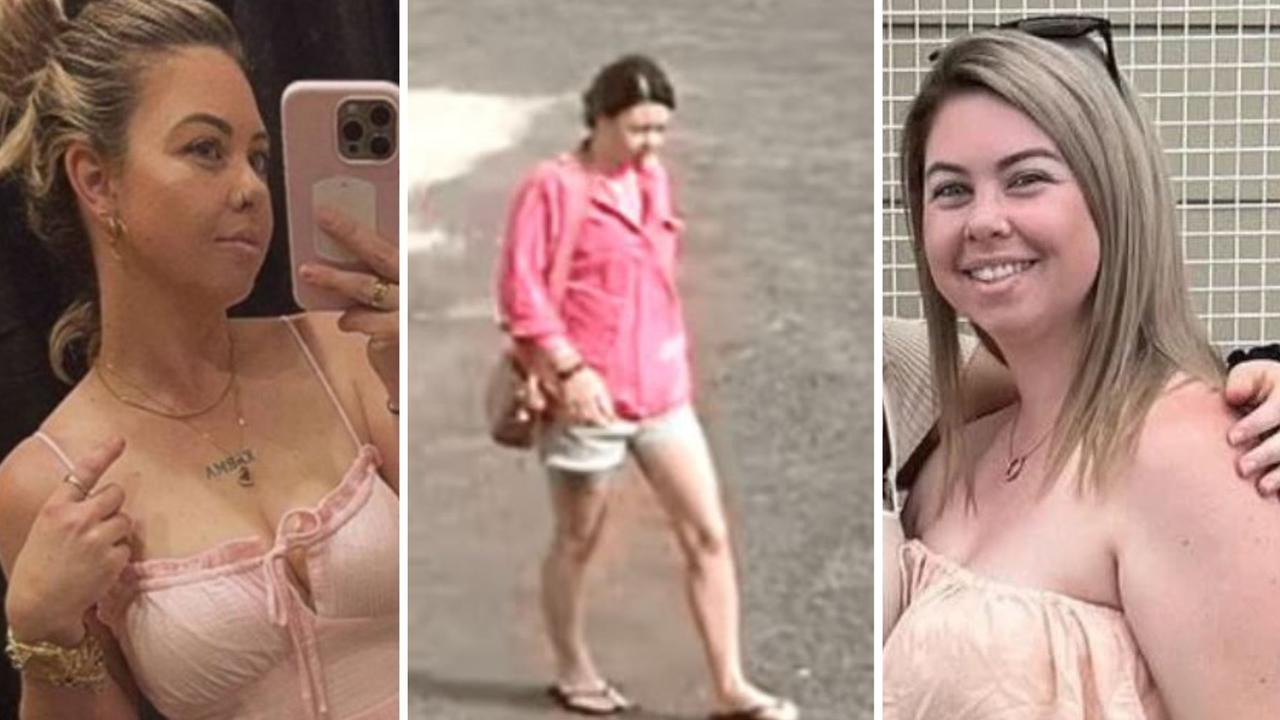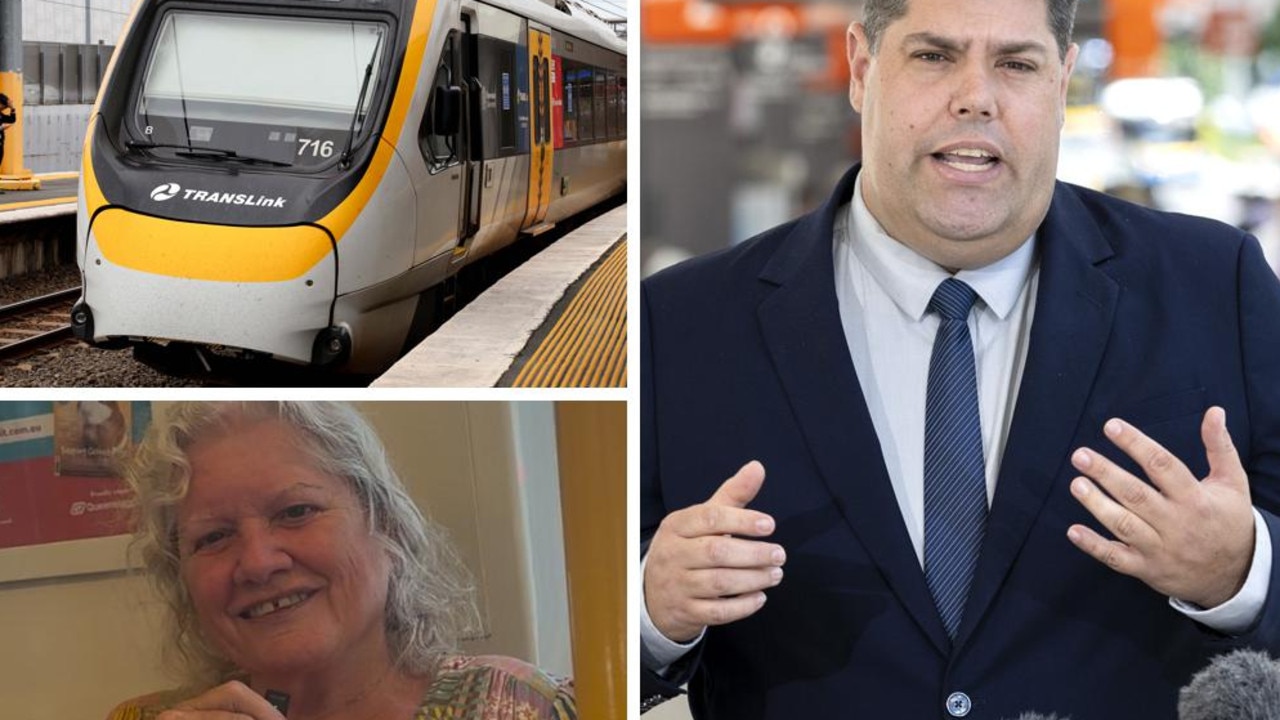Mark and Fiona Pearce demand urgent change to ‘broken’ child mental health system
The family of a Brisbane teen who died by suicide have spoken out about the “horribly broken” child mental health system they believed failed their daughter.
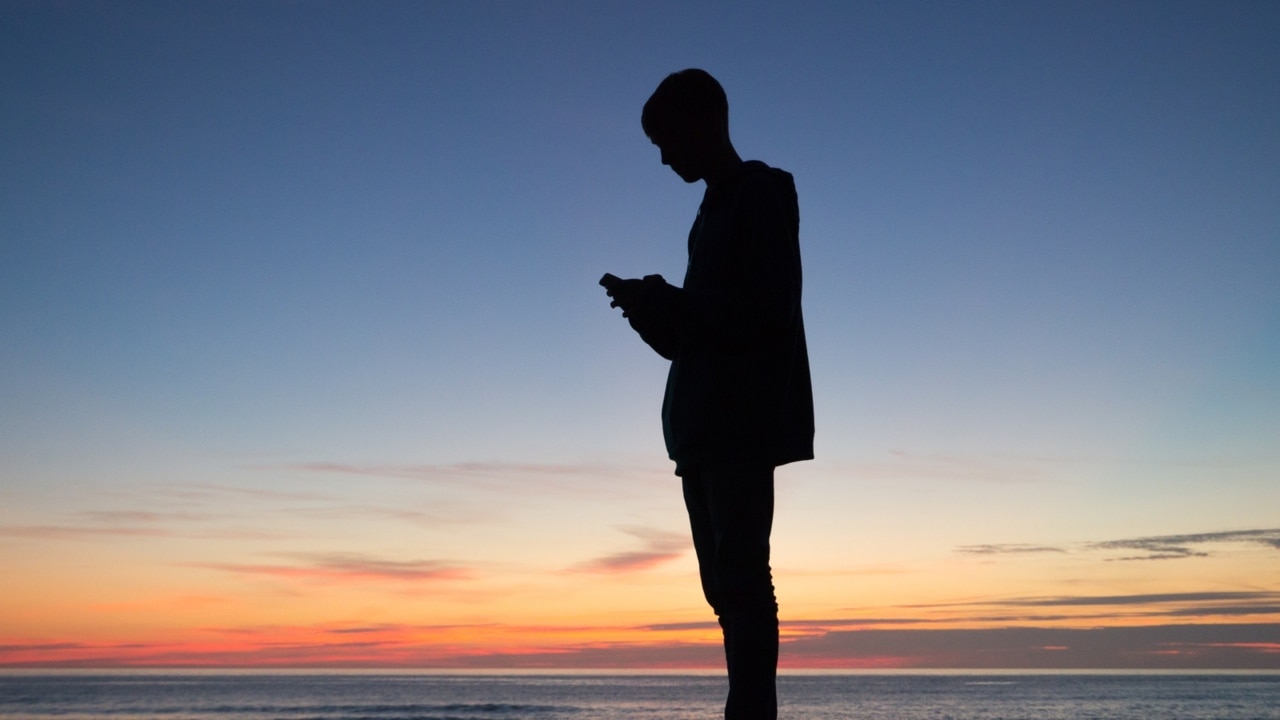
QLD News
Don't miss out on the headlines from QLD News. Followed categories will be added to My News.
Bella Pearce died waiting. A tragic victim of a “horribly broken” child mental health system, the much-loved teenager was unable to see a psychiatrist when she needed it most.
Speaking for the first time since their only daughter’s death by suicide, Mark and Fiona Pearce are demanding urgent change so that other children and their families don’t have to suffer the same heartbreak.
“Our young people are aching, and suicide is an epidemic,” said Mrs Pearce, 48, of Annerley in Brisbane’s south.
“Schools and helplines can only do so much, and as parents, you’re not equipped and even though you can reach out for support the main problem is the system is horribly broken.
“There really isn’t anywhere to go in emergency situations, and it’s ridiculous to have to wait months to see a psychiatrist.”
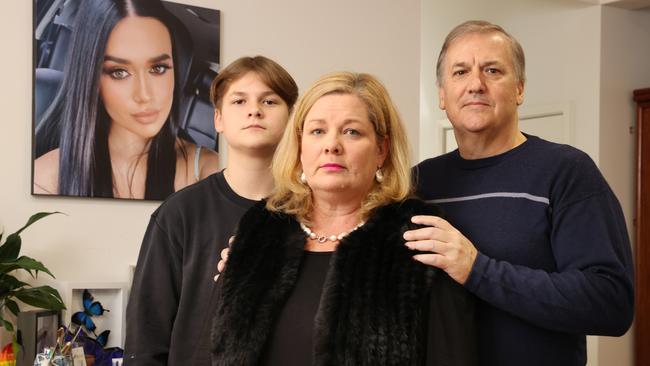
Mr and Mrs Pearce want to see a crisis treatment centre established for children after Bella was “hopelessly let down” by current practices.
Isabella Emma Pearce died on her 18th birthday, on January 31, 2021, in the Princess Alexandra Hospital, two days after riding off on her bicycle and telling her stricken father, “I’m never coming home again, Dad”.
Her suicide took place in a Moorooka park where she was found by two 10-year-old boys, one of whom who had lost his brother in the same place.
Police worked on Bella until paramedics arrived, and she was subsequently put on life support.
“The hospital wanted to keep her alive so she didn’t have to die on her birthday, but there was no point,” said Mr Pearce, 57, who works in IT.
“I feel anger for her unfulfilled potential, the senselessness of it all, and the what ifs - if I could have got there physically and talked her out of it.”
Bella was a happy child, whose mental health issues began when she hit puberty.
She was bullied at Our Lady’s College, Annerley, and “terrorised” on social media in Year 10, and in August of that year, 2018, she attempted suicide.
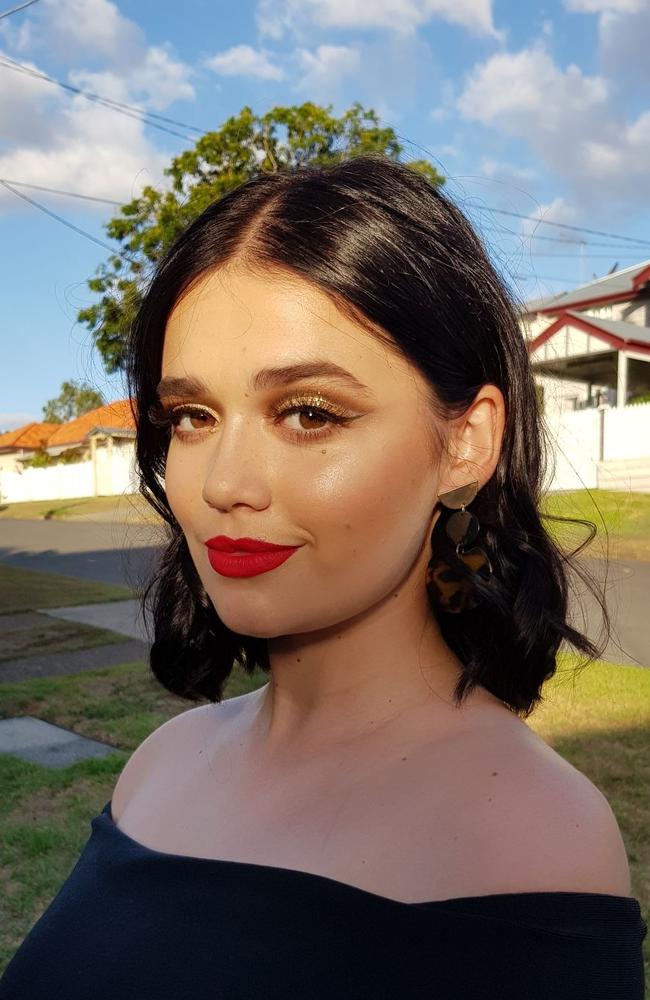
Her parents moved her to Loreto College, Coorparoo, where she found “amazing friends”, but her demons persisted.
In October 2019, Bella again tried to take her life.
On both occasions, after she was rushed to hospital, she was subsequently discharged and her parents given a seven-day “safety plan”.
In September 2020, Bella, then in Year 12, called her mum from school and said she felt suicidal.
Mrs Pearce immediately took her to the Queensland Children’s Hospital where she was seen by someone in the youth mental health unit.
“I should have made a formal complaint,” Mrs Pearce said, “because this person made a mockery of Bella’s suffering, and made her feel worse about herself, if that was possible.
“She fobbed her off and told her to go back to her psychiatrist, but there are long wait lists.
“If Bella had been admitted to the hospital then, our beautiful girl might still be with us now.”
On the day of her suicide, Bella was “inconsolable” after breaking up with her boyfriend.
“After she left home on her bike, she called me and told me what she was going to do,” Mrs Pearce said.
“I told her to hold on, that she was so loved by all her friends and by us, and that I was on my way to her, but it wasn’t enough.”
Mrs Pearce, a senior ward officer for Brisbane City Council, said the ripple effect of suicide was profound.
“I don’t know how it will ever get easier. I’ve never suffered from depression and Bella once said to me, ‘Mum, you don’t know what it feels like to be me every day’, well now, I always feel sad.
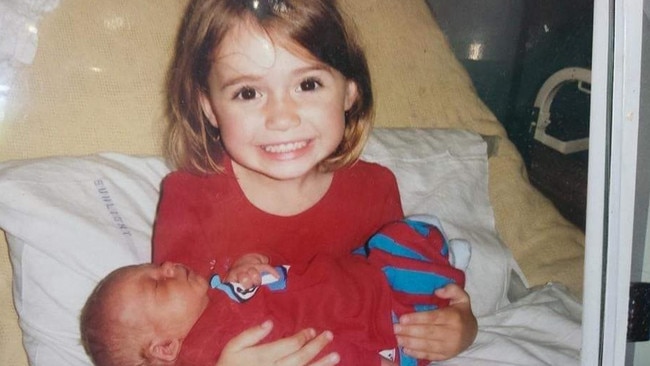
“We need an emergency centre, specifically dedicated to helping these kids, because there are so many who lack resilience.
“Through social media they are exposed to so much that we never were as kids; they feel they have to look or behave a certain way, and the pressure is relentless,” she said.
Bella’s funeral was held on February 17, with numbers capped due to Covid, but at a memorial at her younger brother Josh’s school, St Laurence’s College, that same afternoon, more than 500 people attended.
Her devastated friends paid tribute to the girl with the infectious laugh and whose smile lit up every room.
As they wept, they said Bella’s passing had motivated them to live their “best life” because it could be taken away in an instant.
Bella’s tragic death reflects an alarming spike in anxiety and depression, especially among girls, according to a study by Mission Australia.
It also comes as the Royal Australian and New Zealand College of Psychiatrists (RANZCP) has called for a review of the “overwhelmed” services by the Queensland Mental Health Commission, which has the standing powers of a royal commission.
Emergency hospital visits from children with mental health problems have risen by up to 40 per cent since the start of the pandemic, according to Queensland branch chair Professor Brett Emmerson.
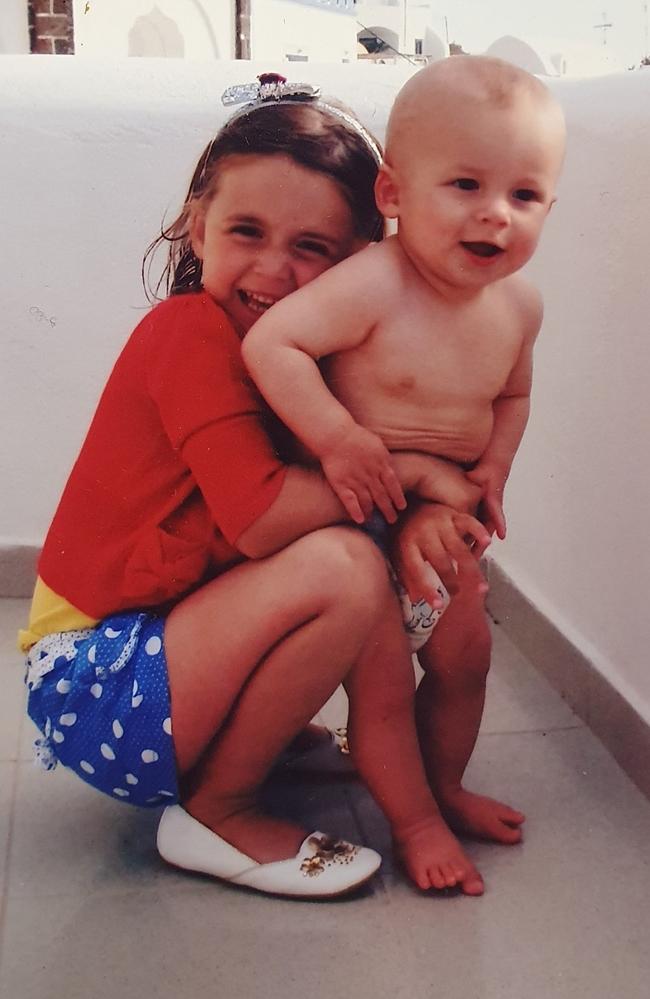
However, Queensland Health maintains there are strategies in place to ensure emergency departments and other wards are equipped to manage increased mental health presentations.
Mr and Mrs Pearce disagree.
“I think she had something more serious than depression and anxiety, and I’m not taking away from depression or anxiety by any means, I’m not an expert, I’m just a mother, but there were so many failings, and she’s not here today because of them,” Mrs Pearce said.
Bella had been seeing a psychiatrist for a few years but didn’t open up to him.
“I was the one doing all the talking, because Bella just wouldn’t,” she said.
“So in early December I got a referral to a different psychiatrist and was put on a three-month wait list.
“With everything that happened, I forgot about the appointment and in March I got a call to say, ‘Your daughter Isabella hasn’t arrived’, and I said ‘no, because she’s dead’.
“You can’t get people to wait months, kids need help now.”
More Coverage
Originally published as Mark and Fiona Pearce demand urgent change to ‘broken’ child mental health system




